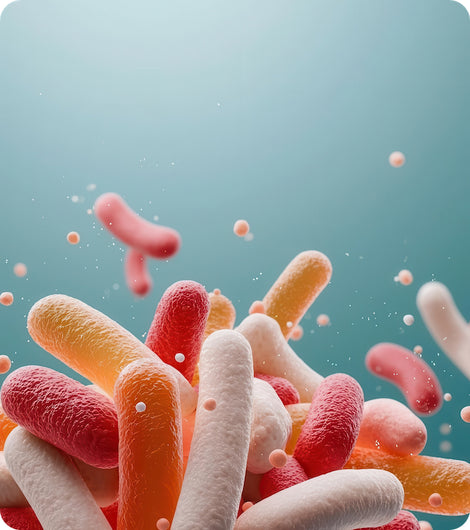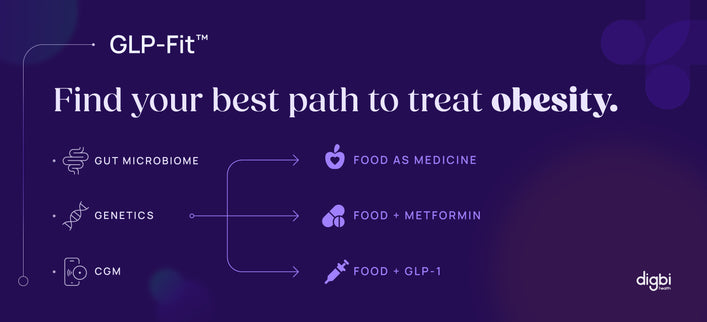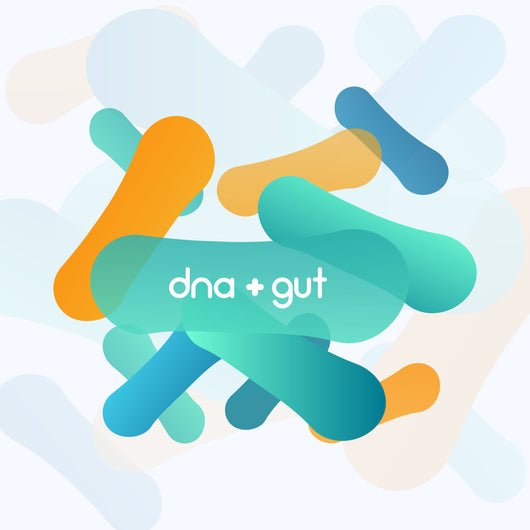You are what you eat.
This statement stands true as your diet balances many aspects of your well-being, including mental health, digestion processes, heart function, etc. Dietary trends have shifted as a consequence of the increase in the consumption of processed foods, rapid urbanization, and changing lifestyles.
The Standard American Diet is characterized by calorie-dense, nutrient-depleted foods. The percentage energy intake from ultra-processed foods stands at a whopping 57.9% in the United States. This has been linked to several chronic diseases (including obesity, diabetes and cardiovascular diseases) and poor gut health.
A nutritious diet is essential in preventing malnutrition and lifestyle diseases and maintaining good gut health. In recent years, nutritionists have been promoting the importance of including probiotics in the diet. In simple terms, probiotics are good bacteria that strengthen gut health and the overall digestion process.
What are Probiotics?
Probiotics are live “good” bacteria and/or yeasts that are present naturally in your body.
Bacteria are commonly thought of as viruses that make people sick. A person, however, has two types of bacteria in and on your body at all times: “good” bacteria and “bad” bacteria.
Probiotics play a role in keeping our bodies healthy by relying on a variety of bacteria to keep things running smoothly. They're the beneficial microorganisms you want in your system.
They help manage harmful microbes like germs and maintain a healthy body, from the mouth to the gut. Probiotics help digestion and nutrition absorption in the right amounts.
A healthy diet should include vitamins, minerals, proteins, carbohydrates. Probiotics are those vital good bacteria that regulate the digestion process and help the colon to push the stool faster.
Why are Probiotics essential?
Probiotics are a part of your microbiome - a broader cluster of microorganisms in your body. The microbiome is a diverse collection of organisms that work together to keep your body healthy. Probiotics are a part of the microbiome that have a positive effect on Gut Health.
These are a few important benefits of Probiotics:
- Probiotics help strengthen the immune system.
- Probiotics help prevent or treat diarrhea caused by infections or antibiotics.
- Probiotics help in curing Irritable Bowel Syndrome (IBS)
- Probiotics help with allergies and inflammation.
No two people share the same gut microbiome. Thus, Digbi crafts a personalized nutrition & lifestyle program that suits your gut health after analyzing genetics, gut bacteria, food, sleep, exercise, stress, medication, and your craving patterns.
When to Consume Probiotics
According to a recent study, consumer use of probiotic supplements climbed by 66% in May 2020 as compared to six months earlier, with daily consumption also growing steadily.
Probiotics are not a magic wand that will fix things overnight. Consistency is key! Recent data suggests that the number of Americans consuming probiotics every day rose from 37% to 61% during 2020.
Each probiotic supplement may have distinct dosage instructions. The most essential word of advice is to pick a time that you'll definitely remember to take your medicines. If you want to gain the potential benefits of probiotics, consistency is crucial.
The optimal time to take a probiotic is either first thing in the morning before breakfast or just before bedtime. Probiotics work best when consumed on an empty stomach to ensure that the good bacteria reach the gut as swiftly as possible.
While the time of day is solely up to you, experts suggest that consuming probiotics around 30 minutes before a meal may be the most helpful. Digbi’s program guides you and suggests natural probiotic supplements and the accurate time to consume those.
Natural Probiotics in Your Diet
Apart from natural probiotic supplements, there are plenty of probiotics that you can easily find at home.
The most easily accessible and popular probiotic is yogurt. Yogurt is a great source of probiotics or good bacteria that can help you feel better. Probiotic microorganisms, (primarily lactic acid bacteria), ferment milk to make yogurt.
Yogurt consumption has been linked to a variety of health advantages, including increased bone health. It's also good for folks who have high blood pressure. Other probiotic-rich foods include buttermilk and sourdough bread.
Fermented foods are also a good source of probiotics. These include tempeh (fermented soybeans), cottage cheese and kombucha. Pickles and kimchi can also be consumed for a healthy gut.
Evidently, new-age eating habits require advanced solutions.
Digbi Health is a cutting-edge, tailored digital healthcare startup that focuses on gut health. Using genetics, clinical signals, food, and artificial intelligence (AI), Digbi provides patients with polychronic illnesses with simple, effective, whole-person precision assistance.
Choose the Digbi Digestive plan if you have gut health concerns that you wish to get rid of. Please contact us at ask@digbihealth.com if you have any questions.
FAQs
-
What is the best natural probiotic to take?
Yogurt! It is an excellent source of probiotics, a good bacteria that can benefit your gut health. -
What are natural resources for probiotics?
Some common and easily accessible probiotics include yogurt, buttermilk, tempeh, and other fermented foods.









